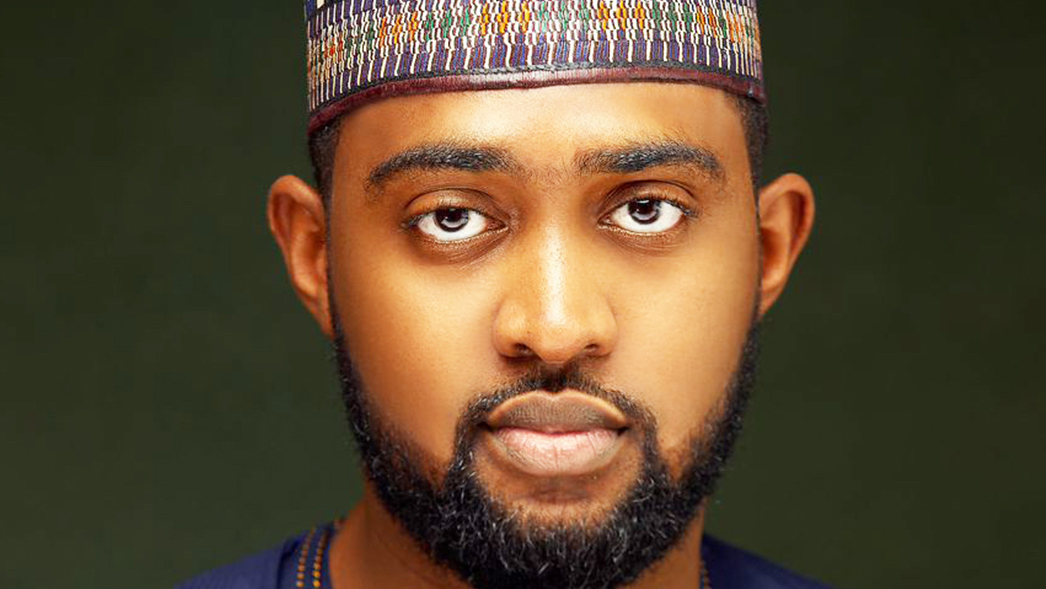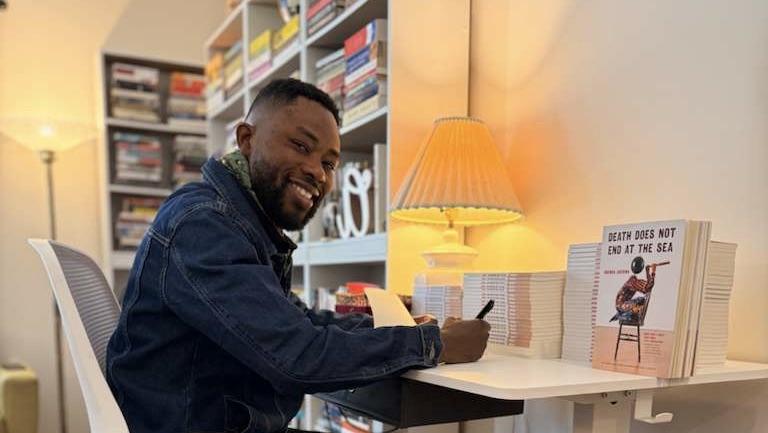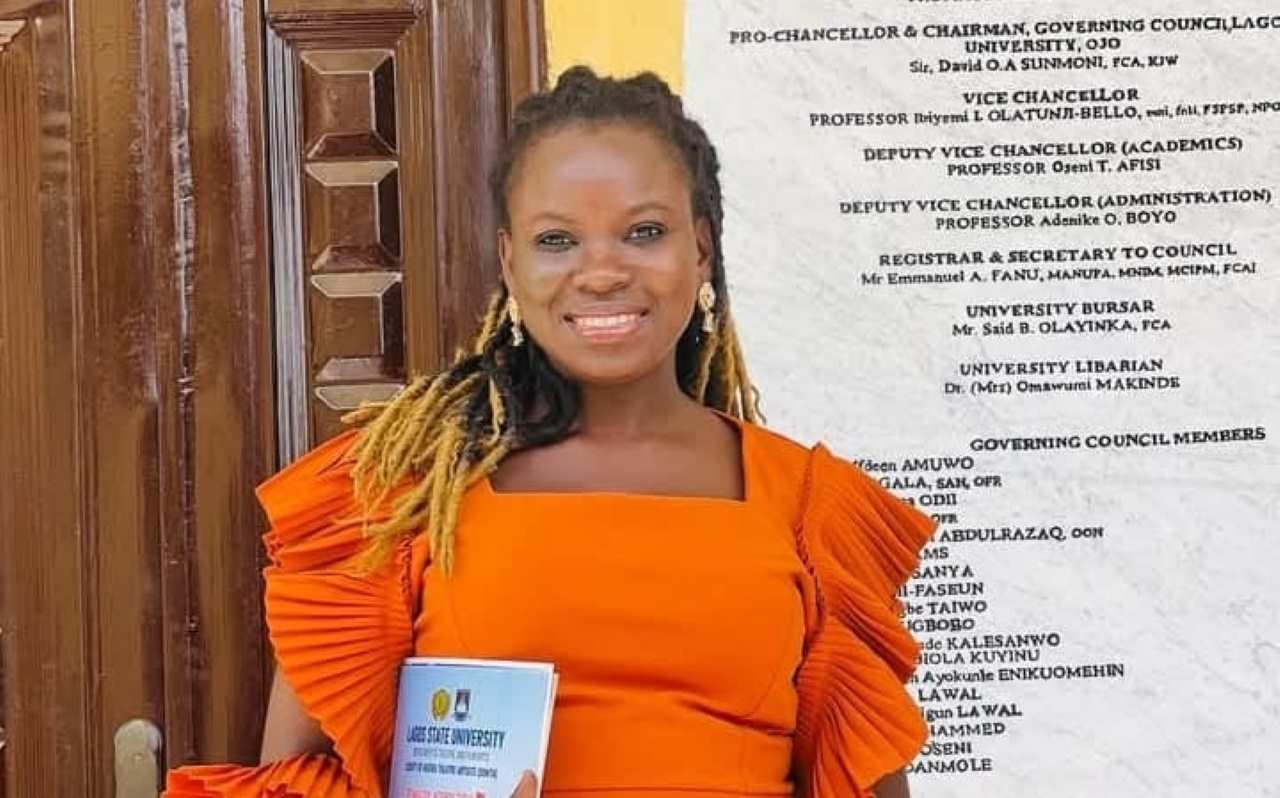
Sam Omatseye’s new, narrative poem, Scented Offal (Topseal Communication, Lagos; 2016), that spans a the historical period before the coming of the white man till Gen. Yakubu Gowon ascension to power provides alternative evocation for any young person and adult alike keen to know Nigeria’s historical journey so far. Omatseye’s poetic history, or history encoded in poetry, traces the main narratives that have shaped the country’s evolution. It is an extended poem that spans some 40 pages in a slim volume.
It is instructive to note this poetic journey is an offshoot of his latest fictional work, My Name Is Okoro, which deals with the Nigerian Civil War and its devastating effects on minorities and non-Igbo in the South-South geopolitical zone during the 1967-1970 war. The novelist’s mission in that work is both personal and altruistic and it pays tribute to the resilient spirit of the minorities, whose voices have remained muted since that infamous war that was also fought on their doorsteps.
In Scented Offal, Omoatseye starts on the premise that the disparate peoples that currently inhabit Nigeria have forever been in denial of any sort of affinity or kinship among them. That in spite of the wars and strife that seem to have governed their relationships, deep down, there has been the subtext of kinship that has tenuously linked them. For the poet, the very acts of internecine wars where enemies’ blood intermingled on the battle field easily counts for some sort of undeniable kinship.
Omatseye poetises, “We could swear that our loins never joined/From old times/In the rhythms of dances/Or in accents/Or in songs/Or in the patterns of the village square/Or the way the king hollered/In the marketplace…
“Even if we foreswore our bonds or embraces/We could never deny the bloods they spilled/Out of gourds of war/The blood of our brothers/The saliva of sisters…
He goes on to show the ambivalence of recognition, how we easily become the other person and the other person us: “In this blood we saw the cousin/Who is us but who is not.” But he is also categorical about that eternal denial that makes cohesion impossible, singing thus, “By lying about our blood ties/We inhabit a brood of denial.”
But Independence on October 1, 1960 starkly shows the hollowness of the peoples’ denial of any ties binding them together, as the jubilant mood at the attainment of self-rule indicates:
“But the rhythms and the songs inspired/Wiggles of multi-ethnic ecstasy/Show me your Itsekiri dance/Or show me the Ijaw minstrel and I will see/The lineaments of Yoruba beauty.”
For the poet, nothing bursts the bubble of brotherhood among the peoples more than the many wars the Yoruba wagged among itself in the 19th century before the white man stepped in to stop the self-annihilation of a race with a known common ancestry:
“Even the Yoruba/In the nineteenth century/Duelled into brotherhood/Kiriji, Latosa, Ekitiparapo, Kurumi/Made myth out of spears.”
He also traces the proud Bini (Benin or Edo) tradition, the Itsekiri, the Jukun, and many other warrior tribes that held sway at some historical point in time, and which arrived at that point after independence, when some figures emerged on the scene, particular the three legs of the tripod and the ethnic heroes that propped them up, and how these heroes’ ambitions became their group’s ambition that would complicate the possibility of oneness that should make for nationhood.
After the temporary, although debatable, united front to kick the white man out for self-rule to happen, another race for supremacy started in what the poet refers to as ‘The Big Three’ through the political godsons they sired – Nnamdi Azikiwe (east), Obafemi Awolowo (west) and Ahmadu Bello (north). Through these three men, and after independence, the poet notes, “Nigeria officially became a three-chambered cocoon/Of warlord tribes…”
For the poet, as well as many other discerning Nigerians, the ‘three-chambered’ politics of these three men paved the way for the country’s current chaos: “And the three-chambered politics/Cemented the official loss of innocence that/Would haunt like a bitter ghost/The contours of the face and future of the land.”
Through lyrical language that leaps across the pages in metaphorical effusion, Omatseye races across the country’s historical landscape to sing a song of Nigeria’s loss of innocence through the self-appointed historical and misguided call that would later ruin a land much endowed. The poet traces every shade of political delineation and nuance and how has it only helped to derail the Nigerian project.
For the poet persona, the euphoria of independence beguiled the founding fathers, as they woke up unprepared to the reality of the leadership challenge before them and how to navigate a poorly negotiated union of disparate peoples:
“So a feigned bliss was the glitz/Of our October din/With flags and songs and the parades/And the humble exit of the Union Jack/Not faraway beckoned babel prides/With tribes and fear of tribes tying/Us to the unseen prophesies of our accidental/Being/Peoples penned together in forced destinies/By outsiders who knew little about us but knew enough/To profit and prop an empire/On our backs.”
The poet persona devotes some time to what he terms ‘The West Burns,’ which signaled the end of independence euphoria, with the chaotic political manoeuverings between Awolowo and his political sibling, Ladoke Akintola, who would align with Tafawa Balewa to rock the western boat. The resulting confusion would lead to the first coup by the five military majors. It was an action that has had continuing political consequences from 1964 till date. But before this would happen, Awolowo had laid a solid education foundation that would be the pride of both the region and the rest of the country, with others emulating him.
“It was not a pretty dawn/When the rude boots, guns and brawls/Sullied our cities north and south/Slaying with abandon the proud/Of our democracy” is how the poet starts ‘Military Coup’ section. He then dwells on the resulting blood and gore in a coup that went awry. That bloody theatre of Nigerian history is well crafted by the poet, capturing as he does, the cry for revenge, the hounding of the Igbo and the resulting war and needless bloodbath.
The section on ‘Civil war’ is also moving and passionate: “Who lied about guilt and/Whose charges/Held the other/To account?” he asks. “Each lay the blame of murder/At the other’s door/The Hausa cried Araba/The Igbo yelled Biafra/Sword upended word…”
But in all, the poet bemoans the sheer lack of leadership vision to learn from the mad hour of the country’s historical evolution. The poet captures it deftly, when he eulogises the inventions Biafra deployed to fight, having been pushed to the wall during the war. However, a post-war Nigerian leadership ‘invents’ pride to disdain Biafra inventions for the country’s collective good!
So, the poet sings, “All told the pride of invention (the ogbunigwes and other Biafra inventions like refineries and armoured cars)/And the invention of a pride/The Nigerians knew their heroics/But what heroics/When they flattened/From flow of endless men.” It all becomes “as scented offal,” although “The guns stopped” to bring the murderous war to an end, “But not the howling” as “A new vanguard was born/Of fear and suspicion as though the seeds/That led us to brotherly feud…”
Omatseye’s poetic vision in Scented Offal is at its finest in his deployment of the resources of poetry for historical recollection. Youngsters lacking historical insight into the coming into being of Nigeria and why its history has remained problematic and without progress, would do well to read Omatseye’s nuanced and near-epic, poetic narrative. It is vast in sweep and concise in delineating the various problematic areas. At the heart of his passionate narrative is the question of nationhood that continues to elude a country reputedly endowed beyond measure, but which fails so abysmally in over half a century of its existence.
[ad unit=2]






